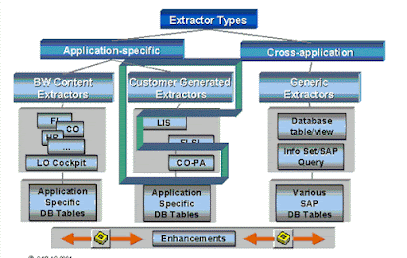Snowflake Data Lake: Unlocking the Power of Data Storage and Analytics
Introduction:
In the era of big data, organizations are constantly seeking efficient ways to store, manage, and analyze vast amounts of data. Snowflake, a leading cloud data platform, offers a robust solution for data storage and analytics. In this article, we will explore the concept of a Snowflake data lake from a third-party perspective.
What is a Snowflake Data Lake?
A Snowflake data lake is a centralized and scalable repository that allows organizations to store and analyze both structured and semi-structured data. It leverages the power of Snowflake's cloud-native architecture to provide a highly flexible and cost-effective solution for data storage and analytics.
Key Benefits of Snowflake Data Lake:
Unified Data Storage: With Snowflake, organizations can consolidate structured and semi-structured data in a single location. This unified data storage enables easy access, management, and analysis of diverse data types, such as relational data, JSON files, CSV files, and more.
Scalability and Elasticity: Snowflake's architecture is designed for scalability and elasticity, allowing organizations to seamlessly scale their data lake as their data volumes grow. Snowflake's unique multi-cluster shared data architecture ensures that performance remains consistent even with increasing workloads and concurrent users.
Cost-Effectiveness: Snowflake's pay-as-you-go pricing model enables organizations to optimize their costs based on actual data usage. The separation of storage and compute allows organizations to scale their compute resources independently, reducing costs during periods of low activity.
Data Governance and Security: Snowflake provides robust data governance and security features. Organizations can implement fine-grained access controls, data encryption, and data masking to protect sensitive information. Additionally, Snowflake's built-in auditing and compliance features ensure adherence to industry regulations and data privacy standards.
Advanced Analytics Capabilities: Snowflake offers a range of advanced analytics capabilities, including support for SQL, machine learning, and real-time data processing. By leveraging these capabilities, organizations can derive valuable insights from their data lakes and make data-driven decisions.
Integration with Ecosystem Tools: Snowflake seamlessly integrates with popular ecosystem tools, such as data integration platforms, business intelligence tools, and data visualization software. This integration simplifies data ingestion, transformation, and visualization, allowing organizations to leverage their existing toolset for comprehensive data analytics.
Conclusion:
A Snowflake data lake provides organizations with a powerful solution for storing, managing, and analyzing vast amounts of structured and semi-structured data. With its unified data storage, scalability, cost-effectiveness, data governance, and advanced analytics capabilities, Snowflake empowers organizations to unlock the full potential of their data assets.
By leveraging a Snowflake data lake, organizations can gain valuable insights, make informed decisions, and drive innovation. Whether it's processing large volumes of data, conducting complex analytics, or enabling real-time data processing, Snowflake's robust features and seamless integration with ecosystem tools make it a top choice for organizations seeking a scalable and efficient data storage and analytics solution.
Incorporating a Snowflake data lake into data management strategies enables organizations to harness the power of data and stay competitive in today's data-driven business landscape. The flexibility, scalability, and advanced analytics capabilities of Snowflake make it a valuable asset for organizations looking to leverage their data for strategic advantage and business growth.




Comments
Post a Comment